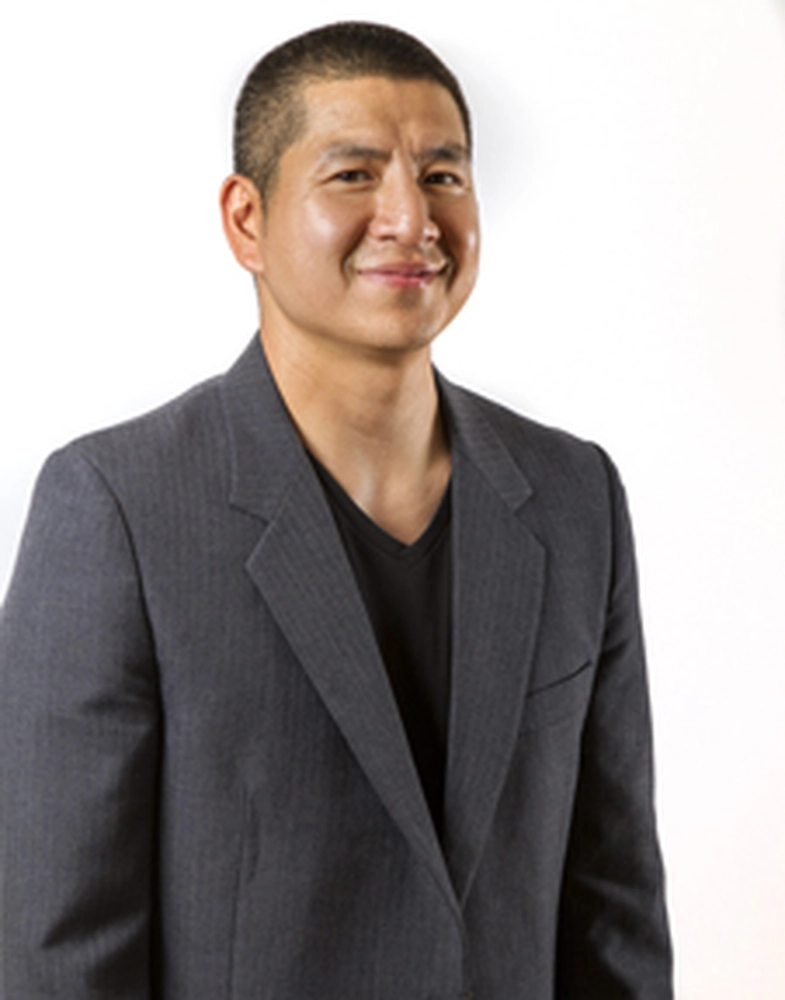
The annual Balgopal Lecture on Human Rights and Asian Americans is held to bring a guest speaker to the Urbana-Champaign campus to draw attention to issues of marginality and oppression experienced within Asian American communities. In this year's lecture, Dr. Eric Tang from the University of Texas will explore how refugees in urban America conceive of the continuities between the past and present, between camp and ghetto--two distinct yet related, in not contiguous, territories. And will elaborate on the concept of "refugee temporality:" the manner in which refugees understand the long an unbroken time a space of their captivity.
Dr. Eric Tang is an Associate Professor in the African and African Diaspora Studies Department and faculty member in the Center for Asian American Studies at the University of Texas at Austin. A former community organizer, Tang has published numerous essays on race and urban social movements, including an award-winning writing on post-Katrina New Orleans. Tang’s research sits at the intersection of two issues that define the current moment: the international refugee crisis and the resurgent movement against police violence in the urban United States. In Unsettled: Cambodian Refugees in the NYC Hyperghetto, Tang’s first book, he explores the relationship between immigrant communities and African Americans as they experience common and distinct forms of state violence taking shape in America’s inner cities. His current research focuses on the past and present of racial segregation in Austin, Texas, paying particular attention the gentrification-driven displacements of the city’s longstanding African American residents. He co-authored the report “Outlier: The Case of Austin’s Declining African American population” which revealed that Austin was the only major growing city in the United States to experience an absolute numerical decline in African Americans. Tang is currently working on a new book, to be published with the University of Texas Press, entitled East Avenue: African Americans in Austin’s Terrain of Inequality.